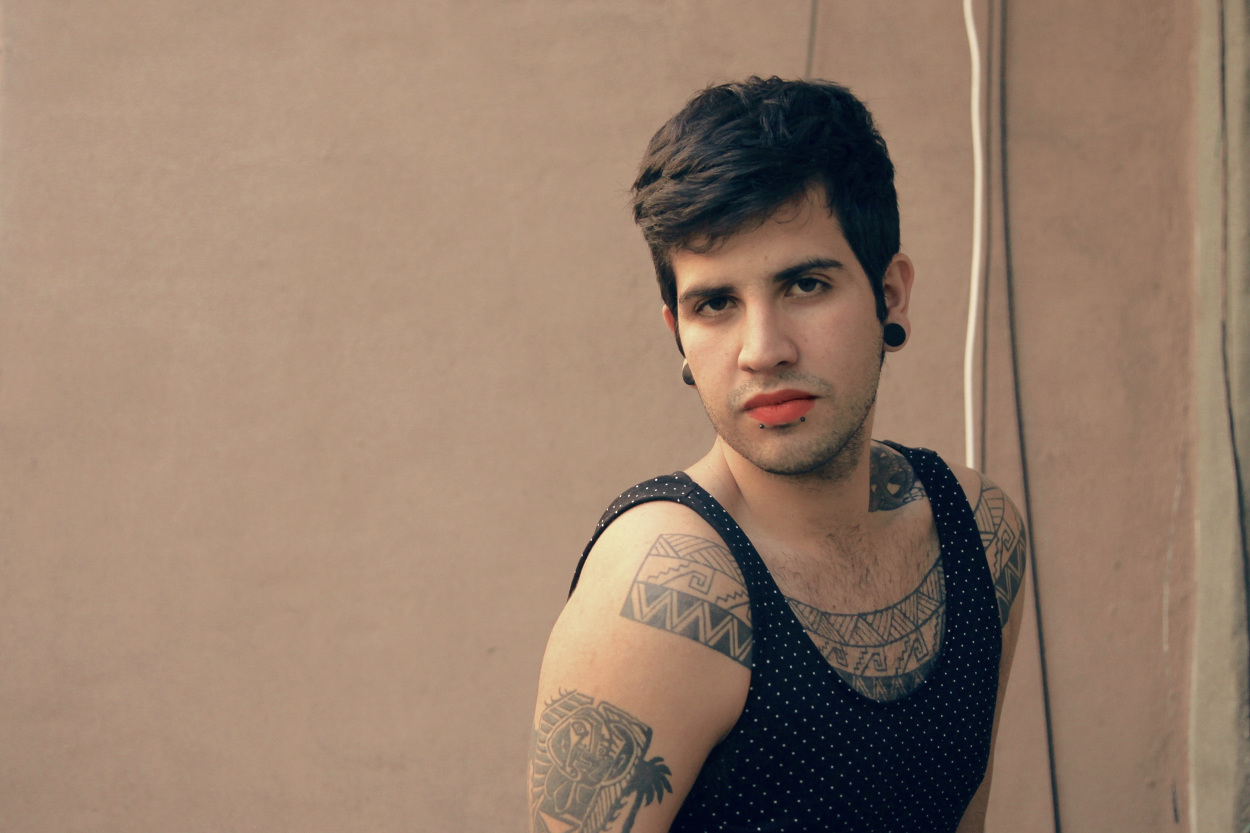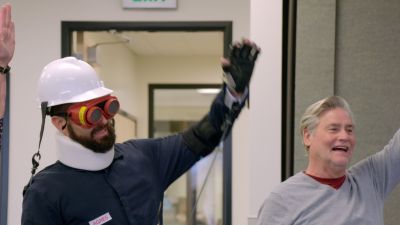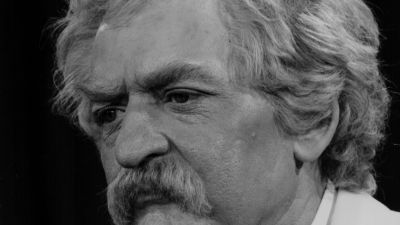April is National Poetry Month, and we’re celebrating by featuring examples of “civic” poetry from new and familiar voices. Throughout the month we’ll be discussing what it means to be civic through the art of words. Join us on Twitter at #civicpoetry.
Poet Kyle Dargan talked with Christopher Soto as part of our civic poetry month feature.
Kyle Dargan: What do you believe poets and poetry can add to the conversation around public issues, social justice, the environment?
— Christopher Soto
Christopher Soto: Everything. I don’t believe there is a limit to what poets can add to social justice conversations. The genre of poetry is so wide and can take so many tones, forms, perspectives. Poets can write from interpersonal, anthropological, historical, grammatical, legal and so many other perspectives. Poetry provides the constant opportunity to take a situation and cast it in a different light. If anything, this is the definition of poetry — limitlessness.
KD: What does the word “change” imply for you, and do you have any personal theory of change?
CS: I’m thinking about the book by Angela Davis, Freedom Is a Constant Struggle. I don’t believe that a single change occurs and people are free. I believe that my life, as someone engaged with social justice issues, will be a constant grappling for various changes. I think this perspective is also how I view the little changes in my little life.
KD: What, if anything, have you been doing or thinking about differently as an artist since the 2016 political cycle?
CS: Financial and emotional and physical security have become more important to me since the false election of President Trump. His words and actions are so uncertain. The viewpoints of his supporters and white nationalists are so unstable. I am trying to build more security in my life as I don’t know what will come for the future (or what is the present) of this country.
KD: Many of the dominant conversations about the crucial issues of our time tend to be monophonic. Can you talk about how you use formatting and punctuation to tease out multiple layers of voice and feeling around policing practices in “[Somewhere in Los Angeles] This Poem Is Needed”?
CS: I think I disagree with the statement that many conversations are monophonic at the moment. There are so many platforms from which to get information that I think a lot of different voices and perspectives are able to be heard with a little bit of searching and curating. And pertaining to the poem, it is comprised of couplets. There are four sections that are composed with several couplets in each section. The sections more or less change according to image and scene. The punctuation that I use in this poem is common with my poetic practice. I often use a double-forward slash and brackets in my poems, oddly, to alter the way that the poems can be read.
[Somewhere in Los Angeles] This Poem is Needed
She charges her ankle bracelet // from the kitchen chair
& Sunflowers in the white wallpaper [begin to wilt].
I wilt with them // before my sister // & her probation
Officer [who comes over to the house unannounced].
Just as we are // preparing dinner // & what are we supposed to
Do now. Cook for him?! Invite him to eat with us??
I am hacking the heads [from broccoli stems] & pretending
His body is spread across the cutting board. [Ugh].
This officer keeps talking nonsense & nudging his eyes around
The apartment. Looking for—drugs, alcohol
Alchemy. My sister waits for him to leave & then begins to rant.
Ramble about // her childhood // & how she used to be
[Before house arrest]. The confines of these plastered walls
& Her monitored route to work // where
Every corner has a cop [coddling a liquor store]. Protecting their
Notion of freedom. // My neighborhood eats fear.
Mothers are getting // handcuffed & harassed. Homes are being
Crushed [like cigarette butts]. Everyone I know
Hates the racist police & wants a revolution. // But we seldom
Aim the gun… Have you heard // how the bullets
Sing their anthem // throughout the body?? // It sounds like
God shutting the door— Bang. Bang.
When it’s dinnertime in heaven [& your officer’s knocking]
Ignore him sister— let the door bruise.
[Let the bears devour our enemies]. We have no obligation
To open // ourselves // for those who do us harm.
“[Somewhere in Los Angeles] This Poem is Needed” was originally published in American Poetry Review (January/February 2016)
This project was co-curated by the journalism nonprofit the Economic Hardship Reporting Project and its Puffin Story Innovation Fund.




